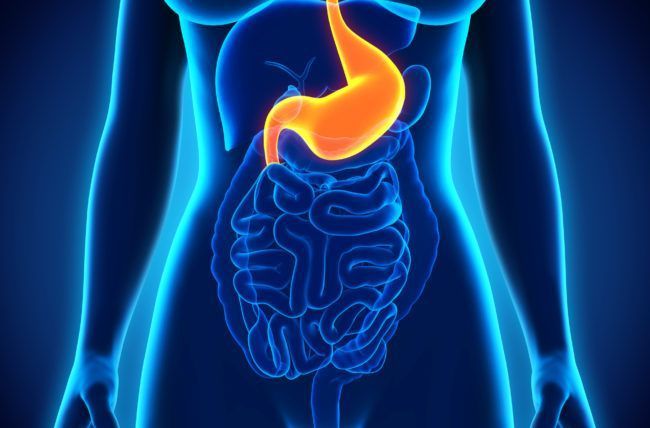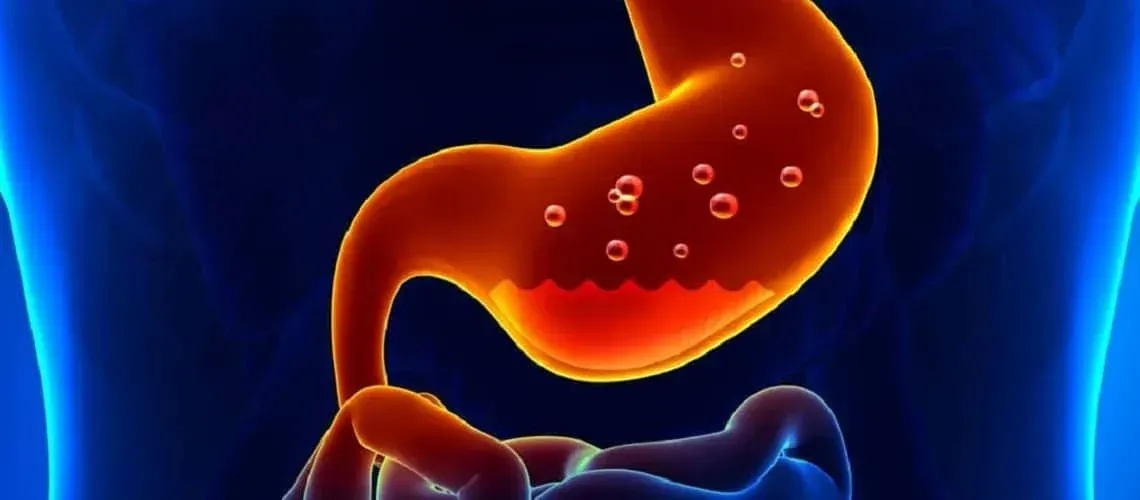Exploring Gastroparesis: Advancements in Gastroenterology Clinical Research
Gastroparesis is a gastrointestinal disorder characterized by delayed gastric emptying, leading to symptoms such as nausea, vomiting, and abdominal discomfort. In this article, we delve into the complexities of gastroparesis
and the pivotal role of Gastroenterology Clinical
Research in advancing the understanding and treatment of this condition. From investigating gastroparesis symptoms to exploring innovative treatments through San Diego clinical trials, we uncover the latest developments in gastroparesis management. Join us on a journey through the realm of gastroenterology research to gain insights into the evolving landscape of gastroparesis care.
Understanding Gastroparesis: Symptoms and Diagnosis:
Gastroparesis manifests with symptoms like early satiety, bloating, and erratic blood sugar levels, impacting the quality of life of affected individuals. The diagnosis of gastroparesis involves a series of tests, including gastric emptying studies and imaging techniques, to evaluate stomach motility and function. Understanding the symptoms and diagnostic methods is crucial for accurate identification and tailored management of gastroparesis.
The Significance of Gastroenterology Clinical Research in Gastroparesis Treatment:
Gastroenterology Clinical Research plays a vital role in advancing the knowledge and treatment options for gastroparesis through the exploration of novel therapies, medications, and interventions. By participating in clinical trials focused on gastroparesis, individuals have the opportunity to access cutting-edge treatments, contribute to medical research, and potentially benefit from innovative approaches not yet available through standard care. Insights gained from clinical research are instrumental in shaping the future of gastroparesis management.
San Diego Clinical Trials: Pioneering Approaches to Managing Gastroparesis:
San Diego serves as a hub for pioneering clinical trials that are revolutionizing the landscape of gastroparesis management. Through collaboration with leading experts and access to state-of-the-art technologies, clinical trials in San Diego offer individuals the chance to explore new treatment modalities, enhance symptom control, and improve their quality of life. Participation in clinical trials empowers patients to be at the forefront of medical advancements in gastroparesis care.
Medication and Therapies for Gastroparesis: Enhancing Patient Care:
The treatment of gastroparesis often involves a multidisciplinary approach, incorporating medications, dietary modifications, and lifestyle changes to alleviate symptoms and improve gastric motility. Medications such as prokinetics and antiemetics are commonly prescribed to enhance stomach emptying and manage nausea in individuals with gastroparesis. Additionally, dietary adjustments focusing on smaller, more frequent meals and low-fiber foods can aid in symptom management and improve overall quality of life for patients.
In conclusion, the field of Gastroenterology Clinical Research is at the forefront of advancing gastroparesis care through innovative treatments, diagnostic techniques, and therapeutic approaches. By staying informed about gastroparesis symptoms, participating in clinical trials, and exploring the latest medications and therapies, individuals can take proactive steps towards managing their condition effectively and improving their quality of life.
¡FREE LABS!
EVERY FRIDAY 8 AM - 9:30 AM
Or call us to make an appointment
No need to fast
No long waits
inmediate exam results
Lipid panel • Liver function test • Glucose levels to screen for diabetes • Body mass index • Hemoglobin measurement to rule out anemia • Blood pressure • Glycosylated hemoglobin to monitor and confirm diabetes • Electrocardiogram • Ultrasound to detect liver fibrosis • Dietetic education

BLOG








